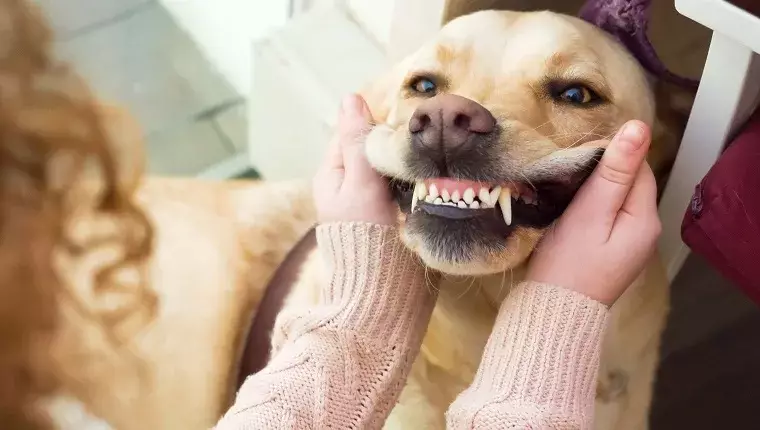Maintaining the oral health of our pets is a critical part of responsible pet ownership that many overlook. While a bright, clean smile is aesthetically pleasing, dental disease in pets goes much deeper than mere appearances. It can lead to serious health complications affecting not only the mouth but also the overall wellbeing of dogs and cats. This article seeks to dive into the significance of pet dental care, why it deserves constant attention, and what measures can be taken to promote oral health for our beloved companions.
When one thinks of dental disease, the immediate thoughts might revolve around bad breath or discolored teeth. However, these symptoms often hide severe underlying conditions. According to statistics from the American Veterinary Medical Association (AVMA), a staggering 80% of dogs and 70% of cats show signs of oral disease by the time they are three years old. This alarming prevalence underscores an essential truth: dental care should start early in your pet’s life.
The consequences of neglect are dire. Without proper dental care, pets can suffer from chronic pain, which can affect their eating habits and lead to behavioral issues. Pets experiencing such discomfort may become irritable or withdrawn, leading to further complications as owners may mistake these signs for other health or behavioral issues. Thus, understanding the serious implications of dental disease is a crucial aspect of pet care.
As responsible pet owners, it’s vital to familiarize ourselves with the signs that indicate potential dental problems. Watch for symptoms such as:
– **Persistent Bad Breath:** While some odor is normal, a foul smell could suggest underlying periodontal disease.
– **Swollen Gums:** Healthy gums should be pink and firm; redness indicates inflammation and potential infection.
– **Tartar Buildup:** Yellow-brown deposits along the gum line are telltale signs of plaque and tartar accumulation.
– **Changes in Eating Habits:** Reluctance to eat harder food or pawing at their mouth can indicate oral discomfort.
Veterinarians emphasize that regular veterinary checkups are pivotal in catching and treating these issues before they escalate. Observing these signs early can make a significant difference in tackling dental diseases more effectively.
Preventing dental disease is always preferable to treating it. One simple yet effective practice is regular tooth brushing. Despite its importance, only about 1% of pet owners regularly brush their pets’ teeth. This statistic reveals a considerable gap in awareness that must be addressed.
Using a soft-bristled toothbrush and toothpaste formulated specifically for pets can help maintain oral hygiene. Daily brushing helps dislodge food particles and prevent plaque formation. For many pet owners, introducing this routine may seem daunting; however, starting slowly and making it a positive experience can encourage consistent compliance.
In addition to brushing, choosing the right diet is paramount. A balanced diet not only contributes to overall health but can also help minimize dental issues. The Veterinary Oral Health Council (VOHC) offers a seal of approval on certain products that promote dental health, and pet owners should consider integrating these into their pet’s diet.
Despite best efforts at home, professional veterinary care remains critical. Many veterinarians recommend annual dental exams and cleanings, which may require anesthesia to ensure a thorough cleaning. This procedure allows for the safe removal of tartar buildup and provides an opportunity to assess any serious dental conditions such as gingivitis or periodontal disease.
For those in need of cost-effective options, many clinics offer discounted dental cleaning services. Always consult with your veterinarian to develop a tailored dental care plan for your pet based on their specific needs.
Ultimately, pet dental health is a vital aspect of ensuring a long, happy life for your furry friends. Regular dental care, vigilant observation of warning signs, preventive measures at home, and professional vet consultations work together to maintain your pet’s oral hygiene.
As you navigate through National Pet Dental Health Month, take this opportunity to reflect on your pet’s dental care routine. Remember, a healthy mouth can lead to a longer, healthier life for your beloved animal companions. Prioritize their dental health and create a lasting, positive impact that will benefit them for years to come.

